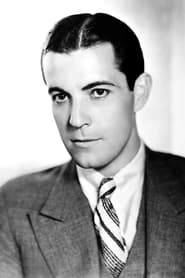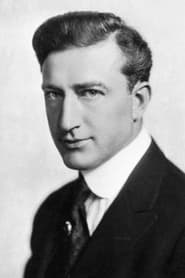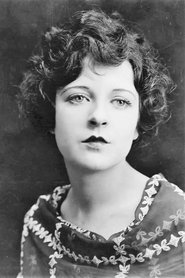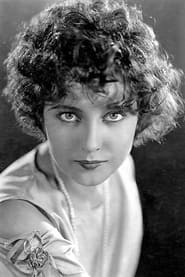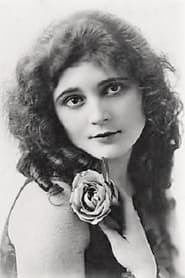What an epic. Watching this, you can see why Wyler wanted to remake it in the 50s.
In this, you can see the emotions of the characters that are much more fleshed out compared to the first (unauthorised) screen version. Set design and costumes are grand, though the hairstyling is reminiscent of the 1920s (but maybe Romans were into that). The score is typical silent movie fare.
Colourising the "Biblical scenes" is a neat touch (reminiscent of "red letters" in a lot of Bibles), it focuses the viewers attention to where Wallace wanted the attention drawn. This is very faithful to the book.
The set pieces are what you watch this for though and they do not disappoint. The naval battle is great and the chariot race... is jaw dropping for its time.
Two and a half hours though feels a bit long though.
Given that this is nearly a century old, this is a great look into cinema's past.
What an amazing, absolutely beautiful film. Especially for nearly a century ago, but for any movie ever. The backgrounds, the grand sets, the sheer amounts of extras, and the animation of the stars and the coloring of the biblical scenes. Just...wow.
And topless women! Its got everything.
(not Mary)
WI first heard about this version after seeing a video on TCM about silent films. Gonna watch the '59 version tomorrow.
An absolute must watch if you like Bible fanfiction.
It's Public Domain and free on the Internet Archive. Better than paying Google for it.
With the Roman legions securely ensconced in his Judaean homeland, Prince "Judah Ben-Hur" (Ramon Navarro) hopes that the arrival of his childhood friend "Messala" (Francis X. Bushman) might make things a bit easier for his conquered people. Fat chance! His erstwhile friend is far more concerned with impressing his boss and keeping the locals under control. An incident during the arrival procession of the new Governor gives the new regime exactly the opportunity it wants to stamp it's authority and that sees "Ben-Hur" sent to the galleys and his mother and sister to prison. Luck hasn't quite abandoned our hero, though, as the fleet on which he serves goes into battle and he ends up rescuing the Consul "Arrius" (Frank Currier) who proceeds to adopt him as his son and give him the opportunity to race his teams of horses in the great circus of Rome. He's determined to get back home to find his family, though, and soon returns to find them dead and his former friend a champion of the races. With the backing of "Sheik Ilderim" (Mitchell Lewis) he takes to the track to avenge himself on his rival. This is all set at the time of the rise of Christianity and culminates with the crucifixion of Christ - a man in whom "Ben-Hur" had enormous faith. Perhaps even a faith strong enough to restore his loved ones to him? It takes a little while to get going, this, but once the action elements of it take shape, it's an astonishing piece of cinema. The maritime scenes - not just the battles, but the triremes and the sheer scale of the cinematography are truly impressive. I suspect there quite literally was a cast of thousands involved at the chariot race which is photographed excitingly with some creative direction (and editing) making for compelling stuff. Navarro is a natural in this part with his characterisation animated and personable. The supporting characters deliver well too, with Betty Bronson's "Mary" and May McAvoy's enamoured slave girl "Esther" giving us a little more than fluttering eyelashes and vacant smiles. Parts of it are in twin-strip colour and when in Rome, well they have the effect of making it look like Oz as compared to Kansas. The sacred imperial city in it's gold and purple contrasting with the dark grimness of his monochrome native land oppressed by a great fortress. It does take a few liberties with Lew Wallace's book, but I think Fred Niblo decided to leave the more biblically focussed epics to Cecil B. and what we have here makes 2¼ just fly by. This is great film-making with actually very little need for a musical accompaniment or even inter-titles.

